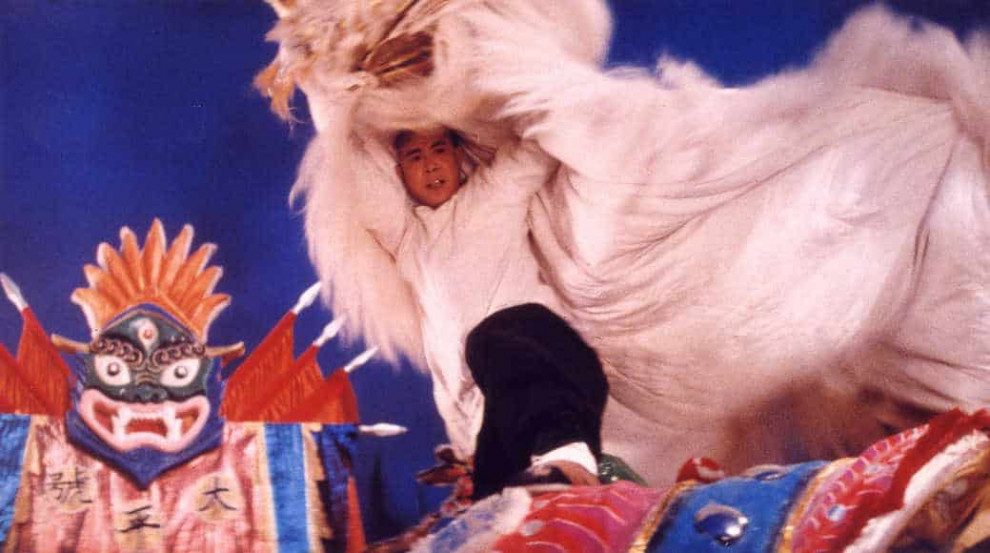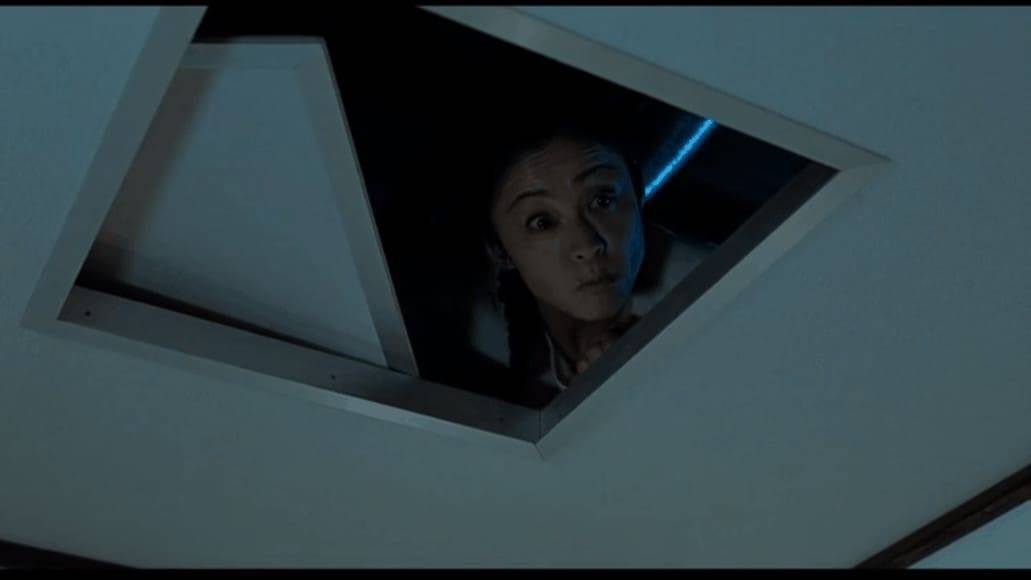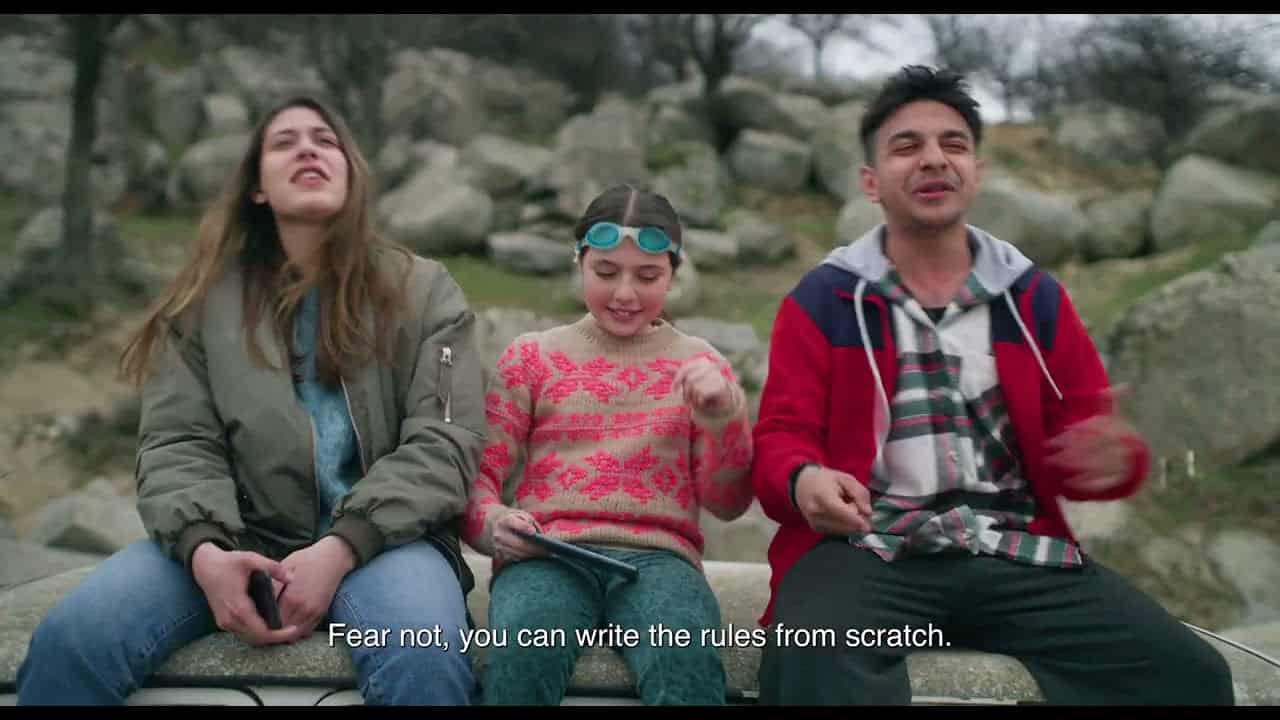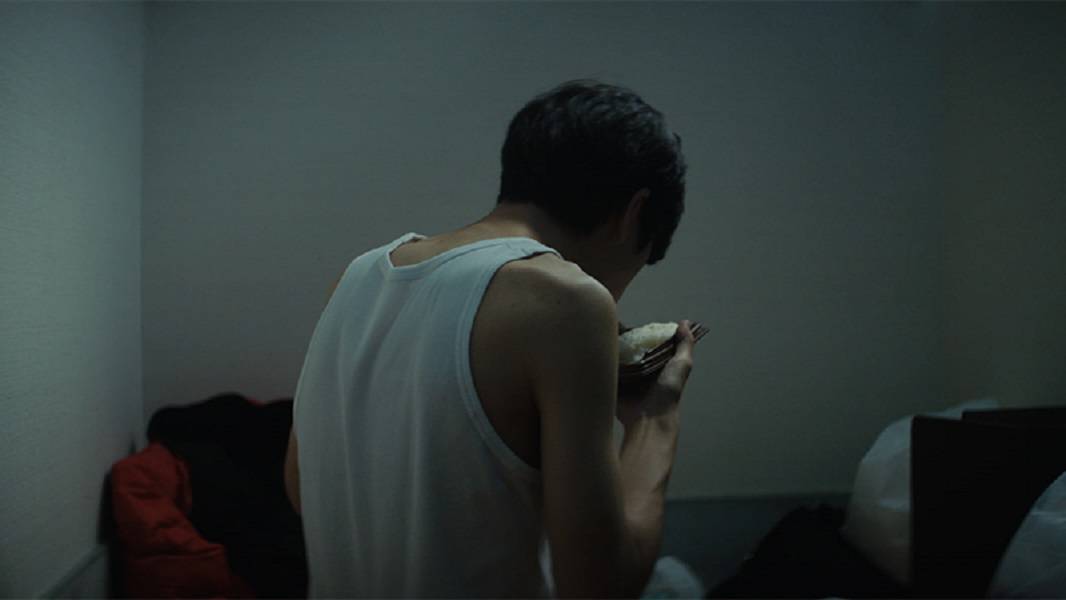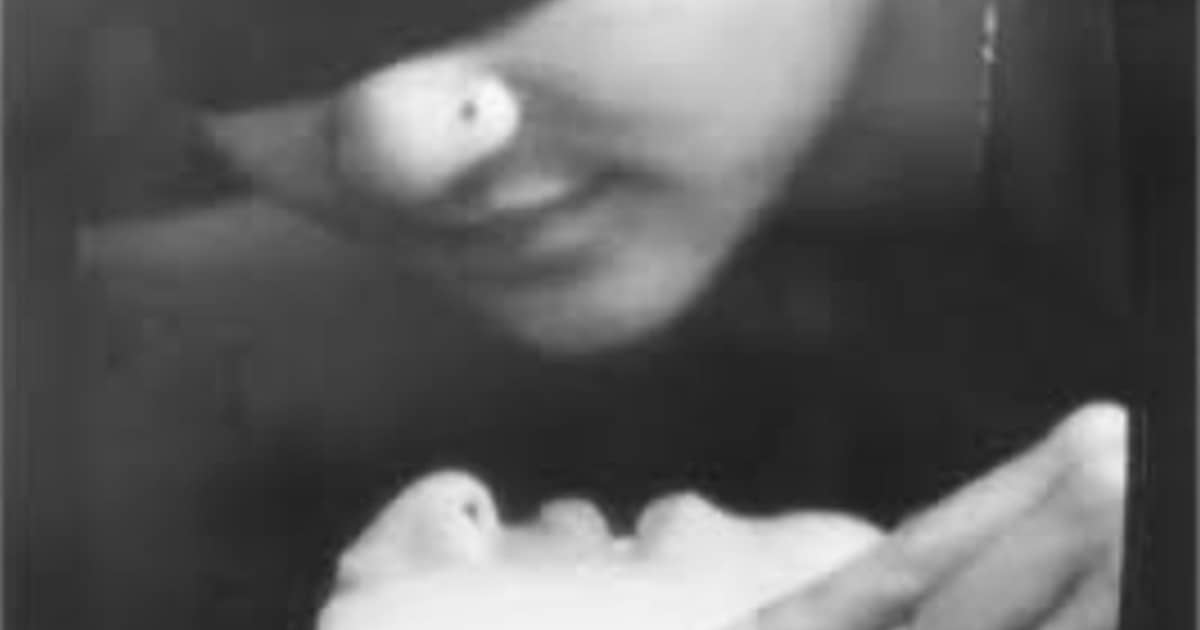The adventures of Wong Fei-hung continue in Beijing this time, in the most personal film of the trilogy, as his father is introduced and plays a significant part in the narrative, and also the most impressive, in visual terms.
Buy This Title
The reason for Wong's return is Beijing is the Cantonese Ten Tigers Association, a meeting of the most significant fighters of South China, where Wong Kei-ying, his father, is also participating. During the time, Empress Dowager Cixi and Li Hongzhang decide to stage a lion dance competition to showcase Chinese martial arts and restore national pride. Interested parties from all over China are invited to participate and compete for the title of “Lion Dance King”. Upon his arrival in the capital, Fei-hung realizes that the various lion dance troupes have started to fight among themselves and even more, that that his father has been attacked by a wealthy rival martial artist, Chiu Tin-bak, and his henchman, Kwai Geuk-chat, a.k.a Clubfoot Seven Chiu-Tsat. At the same time, Tomanovsky, a Russian diplomat and former colleague of 13th Aunt, who is accompanying Fei-hung along his apprentice Leung Foon, seems to be interested in her.
Tsui Hark deals, once more, with the way the imperialistic powers of Europe meddle in China's affairs, painting them with the darkest colors. At the same time, he presents a rather harsh critique regarding the Chinese leadership, who seems to have no regard for the people, while its key members are actually in cahoots with the foreigners. The lawlessness that results from the lack of leadership is another key factor of the narrative, with Fei-hung presented as the only power that can keep all of the aforementioned at bay, with his skills, but also due to his love for his people and his inherent kindness.
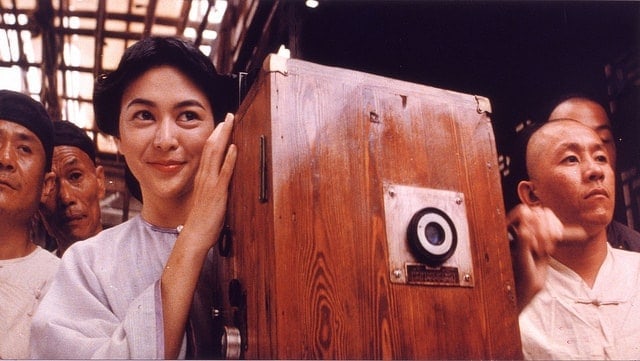
Regarding his analysis as a character, the presence of his father, that leads into an inner clash, between his filial piety and his own values, and the interaction of the 13th aunt with her former classmate, sheds another light to Fei-hung as a man, adding depth to the narrative. The new technologies, and particularly the camera, and their impact are also presented, with Hark presenting their benefits through the narrative, quite eloquently.
Of course, action is still the main ingredient, with the fights being many and quite impressive, with Hark's ability to direct a plethora of actors simultaneously in action scenes, being stressed repeatedly. The lack of another pole regarding the action, as in Donnie Yen in the second and Yen Shi-kwan in the first, somewhat faults the film, but the visuals compensate largely for this lack. In that fashion, Andrew Lau and Chow Man-keung have done an excellent job in the cinematography department, benefitting the most by the vivid colors of the lion costumes, which are presented in all their glory, with the visuals of the film finding their apogee in the scenes in the Forbidden City, as is the case with the action aspect. Marco Mak and Angie Lam's editing gives a very fitting, quite fast pace to the film, particulalry in the action scenes.
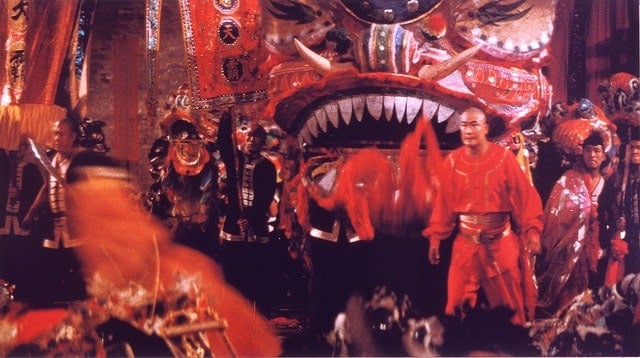
The third part of the trilogy may be in a slightly lower level than the first two, but is still a very good wuxia film, while its visuals will definitely leave a lasting impression to the viewer, with the restoration by Eureka Entertainment working wonders in that regard.


